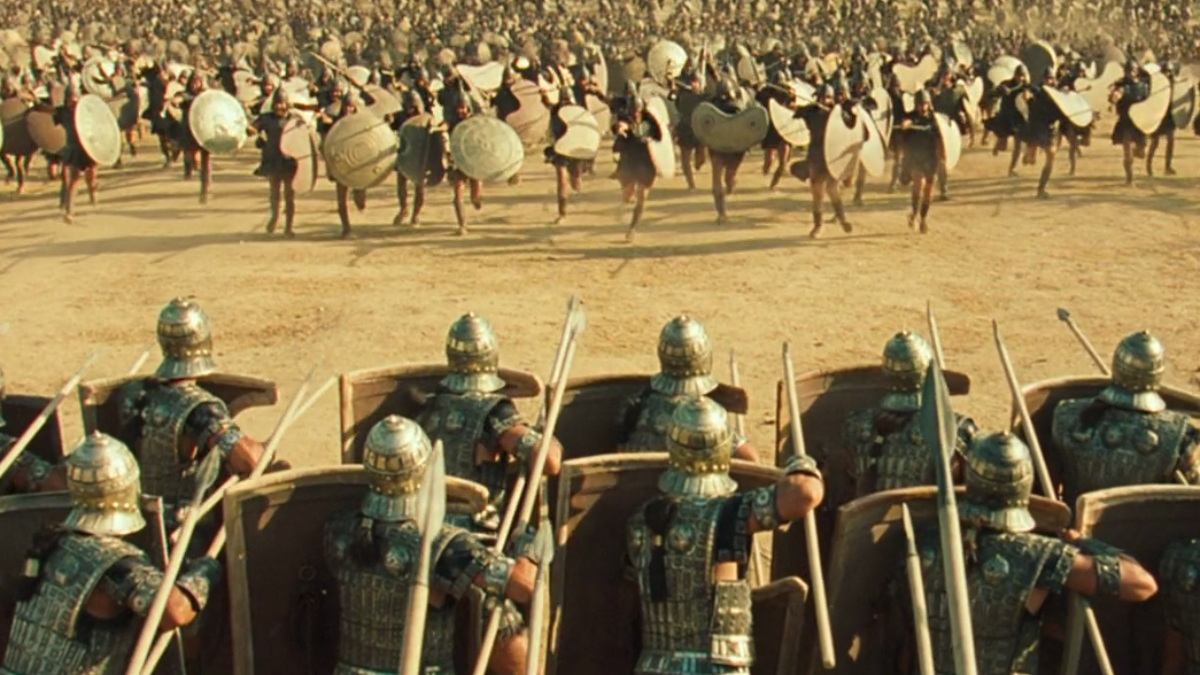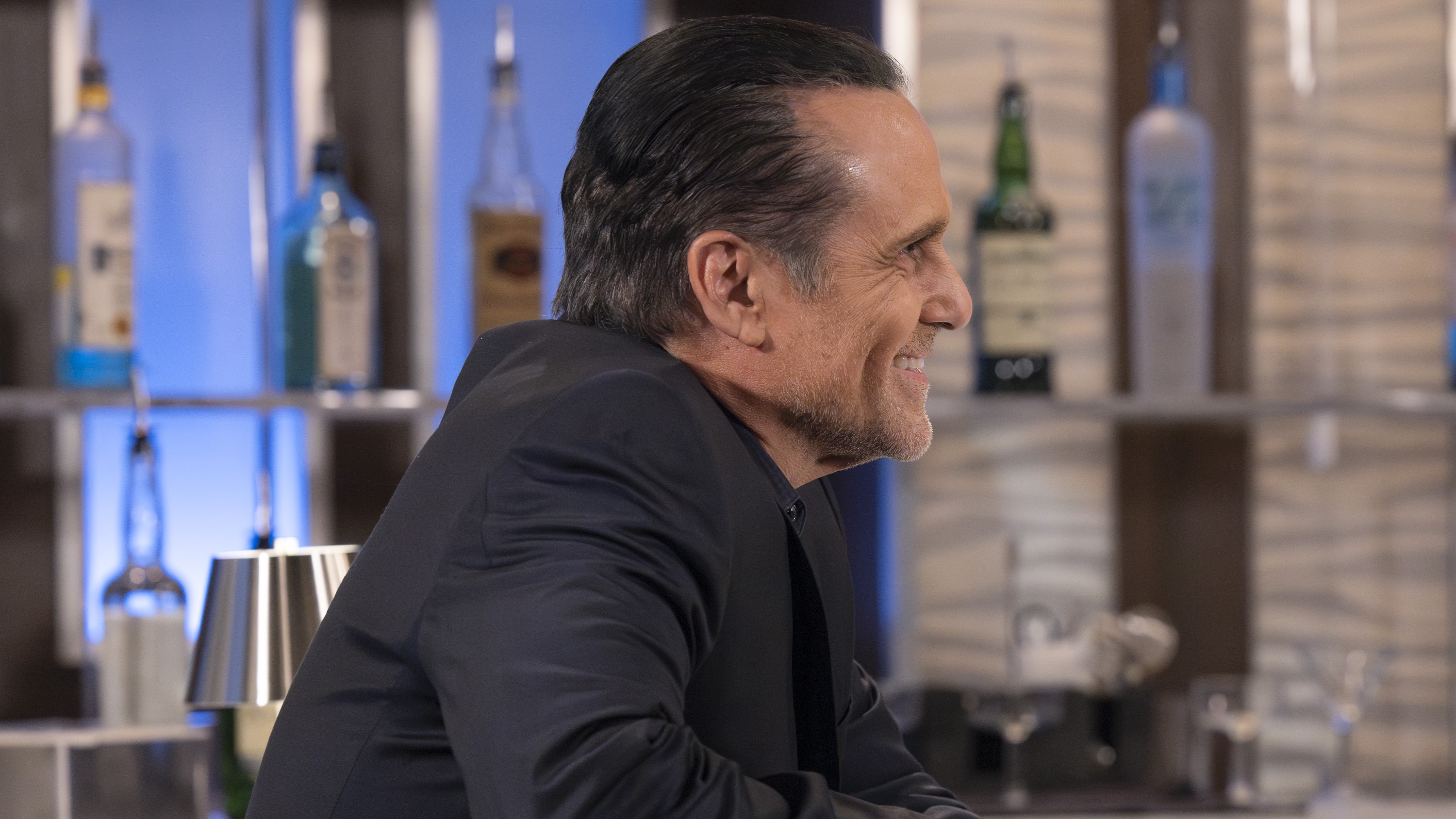I watched a divisive historic movie on Netflix with 53% on RT — and it deserves a second chance
20 years on, were we too harsh on Troy?

I'm a big sucker for ancient historical war movies, and so when the Netflix algorithm recommended me the 2004 Troy to watch one evening, I thought it’d be a fun way to continue the Those About to Die-inspired historical binge I’d been on.
As you can probably tell from the name, the movie adapts (loosely) Homer’s Iliad, about the Greek invasion and sacking of the city of Troy and the reasons for the war. It stars a pretty big cast with Brad Pitt, Eric Bana and Orlando Bloom taking the lead roles and Diane Kruger, Rose Byrne, Sean Bean, Brian Cox, Brendan Gleeson and Peter O’Toole all major players too.
I really appreciated how Troy treats all its heroes — literal Greek heroes, for the most part — as nuanced individuals with their own motivations that leads them to cross swords. They all have sympathetic intentions and all make mistakes, particularly Bloom as Prince Paris who’ll do anything for love, without thinking of the consequences to his family, and Brad Pitt as Achilles, a battle-hardened sociopath who balances his need to create a legacy with his growing ire at the Greek political system.
My favorite moments were ones when two characters I’d grown to like were forced to fight to the death, though to list any examples would definitely be spoilers!
It’s not the perfect movie, and it definitely feels a bit spread thin (despite the nearly three-hour runtime!) but I’m very glad it was a self-contained movie instead of a plodding miniseries that’d probably get made these days!
I was very surprised to hear, then, that Troy doesn’t have a glowing reputation. On Rotten Tomatoes its critic score is just 53%, indicating that almost half of all critics who watched it didn’t like it (the audience score is higher).
Some of Troy’s criticisms I understand, like my point earlier about some details being glossed over (it feels like characters freeze when they’re off screen, until their next scene). But many more feel unfair to me.
Get the What to Watch Newsletter
The latest updates, reviews and unmissable series to watch and more!
One of these is that people laid into it for historical inaccuracies — as though a movie based on things that likely didn’t happen (historians think most of the Iliad was fictional, though based on a kernel of truth) in an era that was centuries ago, needs to be achingly close to what we think the Ancient Greeks were like.
I read some quotes about the movie by its screenwriter David Benioff (you might recognise him as the creator of the Game of Thrones TV show) defending it, that I think make great points. To paraphrase, he seemed to say that when taking Homer’s source material, he felt it more important to craft a great movie and story, rather than to fixate on it being a close adaptation. I think that’s a great point, that should be borne in mind when considering any other adaptations from fictional works or real events.
People on the internet love to rediscover ‘lost’ movies that weren’t popular when they released, giving them a cult following and pushing for a reappraisal. The Star Wars prequels are currently undergoing that, with lots of fans deciding that they’ve liked them all along (and maybe they did) despite the critical backlash against them.
With that in mind, I think Troy deserves to be the next movie to receive the same treatment. It’s got a lot going for it, with sympathetic characters, big-scale action set pieces and a fantastic score (all things missing from modern streaming movies!) and with it easy to stream on Netflix, I think you should watch it too.
Who knows, maybe in a few years we’ll see a decades-long reboot just like with the other historical action movie Gladiator!

Tom is the streaming and ecommerce writer at What to Watch, covering streaming services in the US and UK. His goal is to help you navigate the busy and confusing online video market, to help you find the TV, movies and sports that you're looking for without having to spend too much money.










